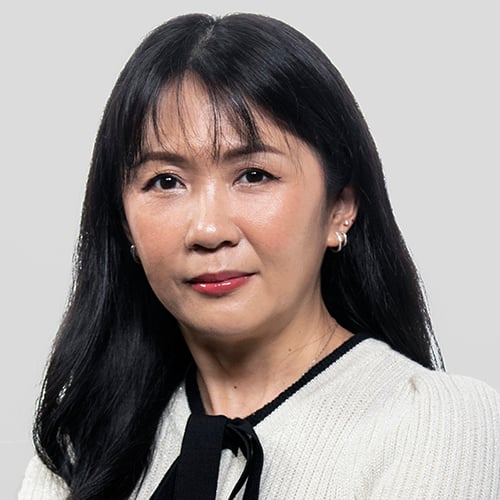While Hong Kong and Singapore investors are worried over market volatility, the affluent in Hong Kong, while remaining cautious, have a more optimistic investment outlook than their Singapore counterparts.
The latest Friends Provident Investor Attitudes Index scores in both cities have been following a general downward trend between fourth quarter 2012 and Q1 2014. However, the September 2014 findings indicate that the Hong Kong index score remained steady at 15 points while Singapore recorded a further drop from 13 points to 11 points.
According to the survey, investment sentiment towards most asset classes such as equities/shares and bonds either remained flat or dropped with the exception of property and gold. Sentiment around property rebounded significantly to score positively again, suggesting the cooling measures on the property market announced by the Hong Kong government in Q1 2014 may be having less impact on the investors than expected.
Interestingly, feelings towards gold went up just by one point despite the steadily declining gold price. However, when looking at those that have worked abroad for at least six months in the last five years, the index is consistently higher across all asset classes than those who have worked locally, particularly so when it comes to property.
Overall, there is an expectation for the performance from emerging markets to improve. Respondents that have worked abroad are more optimistic both in terms of emerging markets and developed markets, with around half of those respondents that have worked abroad expecting some degree of improvement compared to 41% and 34% for those that have not.
James Tan, managing director for Asia at Friends Provident International said, “Hong Kong’s affluent residents are highly mobile with 68% of our Hong Kong respondents having worked abroad for at least six months in the past five years. With such a high proportion of the population facing more highly complex lives, it is within our remit to understand their needs and continuously develop innovative and sound financial solutions that help them diversify their investment portfolios in order to weather unpredictable market changes and enjoy long term financial security.”
“There is no doubt that having the Mandatory Provident Fund (MPF) system is a safety net that is very welcome. However, many respondents feel that they still face a retirement funding gap and this is a key concern for them, as 85% of respondents believe they need to supplement MPF in order to be able to retire,” Tan further commented.
While 61% of the respondents are currently saving for retirement, the results of the survey further suggest that people’s belief that the MPF will be sufficient for their retirement needs dwindles as their age increases. This may be due to the fact that older age groups will not benefit from the time component needed to deliver compound growth of retirement funds, and investors may consider looking into purchasing properties (60%) and investment linked products (30%) to help meet their retirement needs.
Apart from their retirement needs, in general, the proportion of respondents feeling financially secure has continued to slip from 57% to 55% as compared to six months ago. However interestingly, the level of financial security among those who have worked abroad is significantly higher at 58%, compared to 48% of those who have worked locally.
A new addition to the survey looked into the financial planning and needs of globally mobile people in particular. The report suggests that expats experience greater pressure when it comes to managing their finances, with respondents saying that setting up financial plans becomes more complicated and more stressful at 44% and 47% respectively. This suggests there is a greater need for the role of trusted advisers and consumers’ need for advice, particularly those that are moving globally.
The shift in their feeling and perception could be due to the changes in their savings/investment priorities. Not surprisingly, 44% and 40% of the respondents started or increased the amount they save for a rainy day or emergencies and for medical expenses, respectively. Furthermore, over one third of the respondents increased or started saving for retirement. It is interesting to note that 42% of them decreased or stopped saving for a wedding, suggesting that budgeting for non-essential items or events gets postponed by those who move abroad.
Respondents indicate that they face more financial challenges as expatriates. 29% of respondents say planning for their children’s education is an additional financial challenge when moving abroad, and 27% of respondents say life insurance is also more important. Furthermore, 19% of the respondents say tax exposure is more difficult to understand and navigate as an expat.
In response to the new circumstances, respondents demonstrate caution through a significantly higher belief in the need for insurance. The survey noted 70% of those respondents who worked abroad see the increasing importance of insurance as a means to preserve and accumulate wealth, while 46% of them have actually taken up life insurance and 36% have taken up health insurance through insurers.









